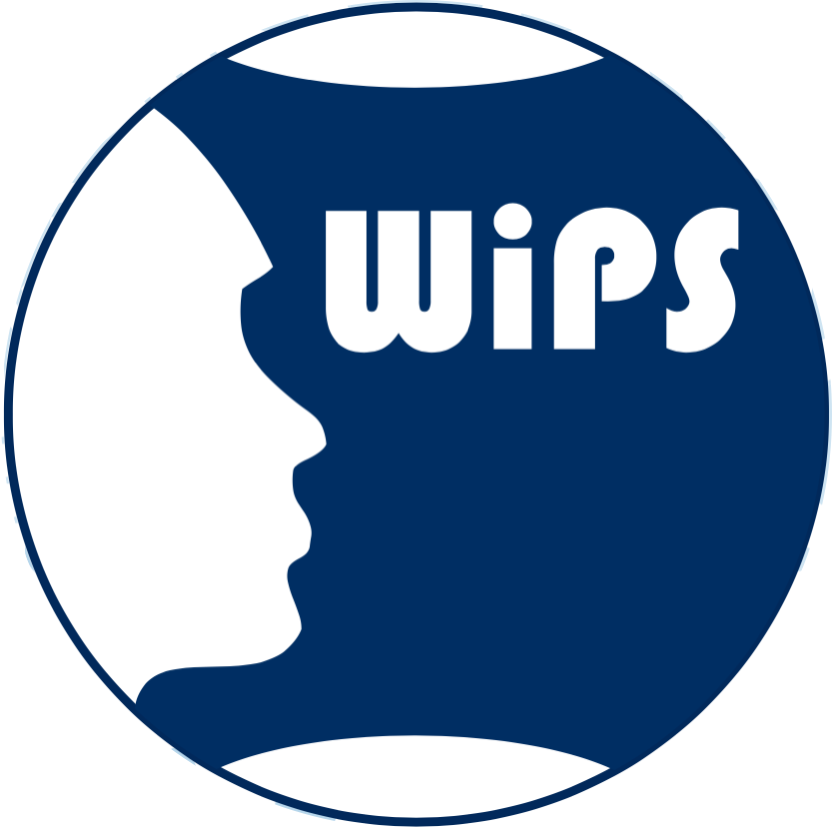Armina Soleymani, PhD
University of Waterloo (Canada)

Armina, with a pink baseball cap on, stands in front of a body of water in Fathom Five National Marine Park, a National Marine Conservation Area in the Georgian Bay part of Lake Huron, Ontario, Canada.
What’s the work that you do?
My PhD research focuses on estimating sea ice concentration and sea ice edge using passive microwave retrieval algorithms over the Arctic. My main interest is to analyze the performance of such sea ice algorithms and develop a method to adjust the bias associated with them to obtain more-accurate sea ice data before their use in sea ice-related tasks.
What keeps you going?
My passion for sea ice in polar regions motivates me to work and promote my perspective on Arctic and environmental systems, improve the quality of my research, and build my career network. Developing my knowledge of new ideas and research methods, and subsequently implementing them in vulnerable regions under certain circumstances, is a key component of my goal. I have greatly enjoyed my doctorate research experience on Arctic sea ice. I would like to gain new experiences, collaborate with Indigenous communities in the North, interconnect with other groups active in Arctic research and policy, improve my skills, and broaden my understanding of the cryosphere.
What’s your message to the world?
Happiness is a way of travel, not a destination! Live in the present moment and enjoy what you have rather than being depressed over what you lack. Do your best and never give up; miracles happen every day!
Organisation: University of Waterloo (Canada)
Nationality:
Islamic Republic of Iran
Disciplines:
Connect:
